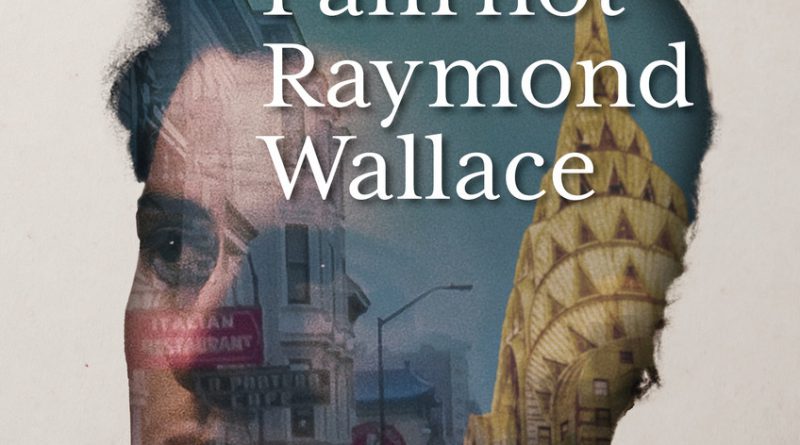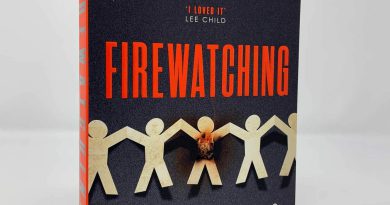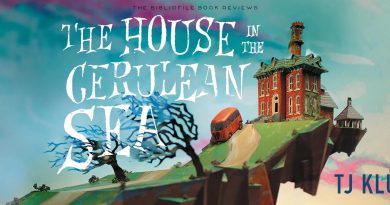I am not Raymond Wallace
I Am not Raymond Wallace by Sam Kenyon is a multi-stranded story of queer redemption spanning multiple generations, told with precision-tooled prose, sharply-imagined settings and compassionately-observed characterisation.
Opening in 1963, it follows a Cambridge undergraduate, fresh out of college, who’s won a three-month bursary at The New York Times and meets the love of his life. Some found him to be deviant, which I can understand; I simply saw a man being himself to an extravagant degree.
Jetlagged and excited, Raymond makes his way to the newspaper’s office wearing one of his late father’s suits. He’s told to wait for Dolores, the editor’s secretary, who sizes him up before introducing him to Bukowski, her boss. Raymond is assigned to Doty, a journalist who has piece planned on the ‘overt homosexuality’ which apparently has New York in its grip. He’s told to go undercover, tasked with providing Doty with salacious details for the piece, something which both unsettles and excites him as he wrestles with a sexuality which has been kept firmly buttoned up. When he stumbles upon a bar which fits Doty’s bill, Raymond meets Joey, handsome, self-assured and comfortable with himself, who takes him home. So begins a relationship which sees Raymond becoming part of a family very different from his own at home in Britain. As his bursary draws to a close, he’s faced with a choice which we know from the start he will regret. The rest of his life will be spent yearning for the love he found in New York, later writing about the pain of loss and repression. Forty years on, Raymond’s son, Joe, meets Joey and his beloved Papa, now living in Paris.
Raymond is gradually allowing himself to be someone different, if only for tonight.
Kenyon’s novel explores themes of sexual identity and intolerance with a tender compassion through two very different characters. Raymond cuts a sad figure, liberated by his three months in New York only to be pushed back into the closet by his conventional family who want him to replicate their lives. Joey is the opposite, accepted by a father who doesn’t understand his son’s inclinations but adores him regardless, welcoming Raymond into his family. The poignancy of Raymond’s story is neatly balanced by Joey’s and by Joe, able to live his life openly gay in contrast to his father. It’s shocking to remember that Raymond had come from a country four years away from decriminalising his sexuality, and, of course, it would be many more years before same sex relationships could be both celebrated and recognised in law. Witty, touching and hopeful, it’s an absorbing novel which ends with a sentence that brought tears to my eyes.




